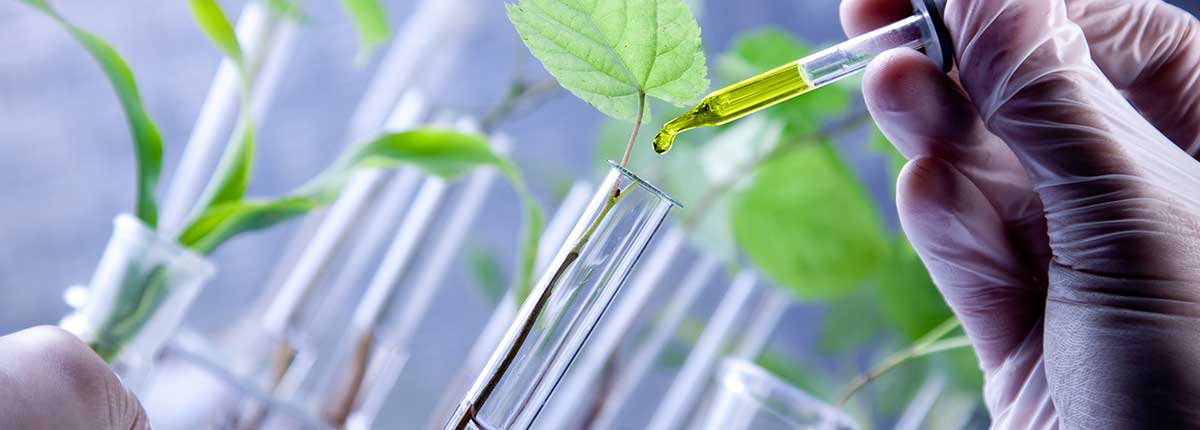Agriculture and Rural Extension
TERI-NE's extension services aim to achieve rural development through promotion and growth of agriculture and horticulture, and natural resource management (NRM) in the region. The Centre has developed a facility for production of quality planting materials of the region's priority crops. It also works towards upliftment of the rural poor through technological interventions in the horticulture sector.
For natural resource management, the central focus is on watershed conservation and development apart from conservation of natural resources and application of Geographic Information System (GIS) in implementation of the NRM project. The vast experience in this sector is reflected through the range of work undertaken - from preparation of detailed project reports (DPRs) to implementation, monitoring and evaluation of watershed management projects.
Livelihood
The Centre constantly endeavours to revive and add value to the region's existing livelihood systems and to identify and promote new opportunities to improve socio-economic conditions of the communities. Through its R&D, field implementation of livelihood generation projects and consultancy services, TERI-NE has contributed to enhancing the socio-economic conditions of the rural population.
Biodiversity
The Centre's primary experience in this field involves conducting biodiversity assessment of protected areas and wetlands in Assam, survey and documentation of rare, endangered and threatened (RET) plants in the North East region, development of agro techniques, value addition and popularisation of wild edible fruits, vegetables and medicinal plants, and addressing issues related to man-elephant conflict.
Biotechnology
The Centre has worked on micropropagation protocol development of economically important horticultural, medicinal, and forest species. Micropropagation is a reliable technology applied commercially worldwide for large-scale plant multiplication, germplasm conservation, pathogen elimination, genetic manipulations and supply of selected plants. It has also conducted performance evaluation of micropropagated planting materials.
Biofuel production from renewable sources is widely considered to be one of the most sustainable alternatives to petroleum-sourced fuels. The Centre has conducted screening of potential oil-producing microalgae in freshwater bodies of the region.
Wastewater
In wastewater remediation and recycling, microalgae have been used for removing nitrogen and phosphorus from rubber wastewater. There are a large number of oscillatoriales and microalgae in wastewater that could be immobilised into suitable substrata to form biofilm to remove nutrient load in wastewater discharge of Rubber Processing Centre (RPC) and be recycled for latex coagulation.
Biocontrol
Screening of fungal species for entomopathogenic properties: Among the various biocontrol agents, entomopathogenic fungi are a major component of an integrated approach that can provide significant and selective insect control. Entomopathogenic fungi are important natural regulators of insect populations and are preferred to kill insects at various stages of their life cycle. Entomogenous fungi are a promising myco-biocontrolling agent for a number of crop pests. The Centre has worked on biocontrol formulation with indigenous virulent strains and performance evaluation in different crop ecosystems.
Outreach
The Centre works towards raising awareness, conducting hands-on training, capacity building, and holding workshops and seminars.

